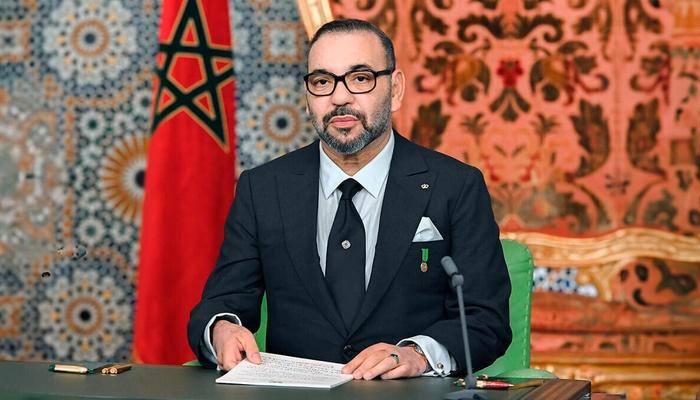Over the last years, several international organizations and numerous countries have increasingly started to address the security implications of climate change. NATO as well, starting from the 2014 Green Defence Framework, has undertaken a path aimed at understanding the phenomenon and mitigating its effects in terms of military, security and operational repercussions. It is no coincidence that several Member States are carrying out numerous initiatives in the field of “Green Defence”, aimed both at preparing the Armed Forces to better cope with the security impacts of climate change, and at reducing polluting emissions resulting from military activities.
In this context, the project “INNOVATIVE TECHNOLOGIES AND RENEWED POLICIES FOR ACHIEVING A GREENER DEFENCE”, carried out in collaboration with the Finnish Institute of International Affairs (FIIA) and in partnership with the NATO Science for Peace and Security (SPS) Programme, aims to analyze the “Green Defence” initiatives implemented by various institutional bodies, international organizations and private actors in the defence sector. The project is divided into two phases. The first phase consists in the organization of a conference aimed at involving institutional, military and private stakeholders from Member and Partner Countries of the Atlantic Alliance, in order to stimulate a debate on the policies and technologies necessary to achieve a “Green Defence”. The second phase consists in drafting a publication that collects the contributions of the experts and the points of view of the stakeholders taking part in the conference.






